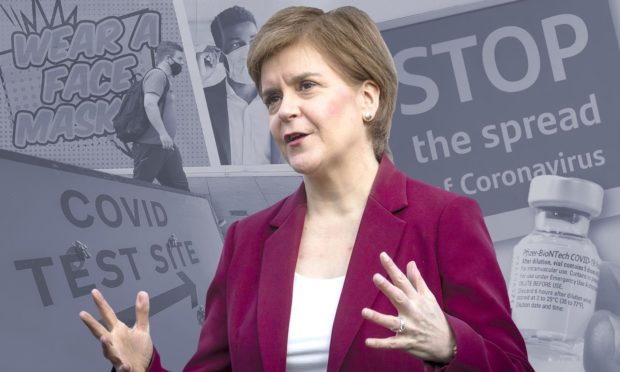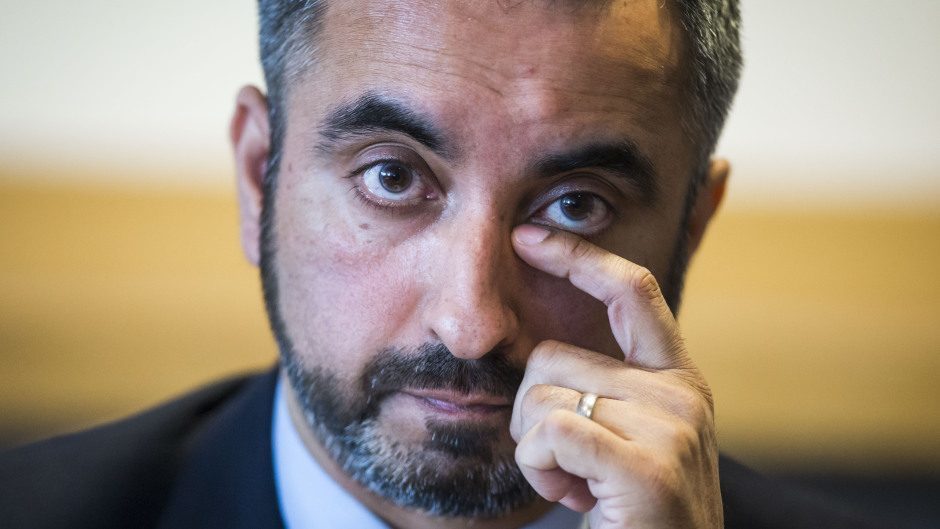Nicola Sturgeon has been warned nothing short of a fully independent, judge-led public inquiry into the Scottish Government’s handling of the Covid-19 pandemic will be acceptable.
The first minister will have been left in no doubt about the scale of the challenge after the publication of the first official report into the pandemic response.
The inquiry by MPs even led to warnings from a human rights lawyer that politicians should face trial for mistakes leading to unnecessary deaths.
The report set out how failures by top politicians in the UK Government and their scientific advisers in the early days of the pandemic led to a higher Covid death toll.
While the findings focused on decisions made south of the border, many of the issues considered came at a time when the Scottish Government was broadly following the same scientific advice and setting out the same measures.
Here we look at how the report gives an indication of what to expect from any public inquiries, and what it might mean for the people in charge.
Care homes decisions cost lives
Opposition parties have called for ministers in Scotland to face the same scrutiny as their Westminster counterparts – but the report already sets out a number of areas where Nicola Sturgeon’s government has faced tough questions.
It found the number of Covid deaths in UK care homes was among the highest in Europe and that many could have been avoided had the sector not been treated as an “afterthought” in a bid to free up hospital beds.
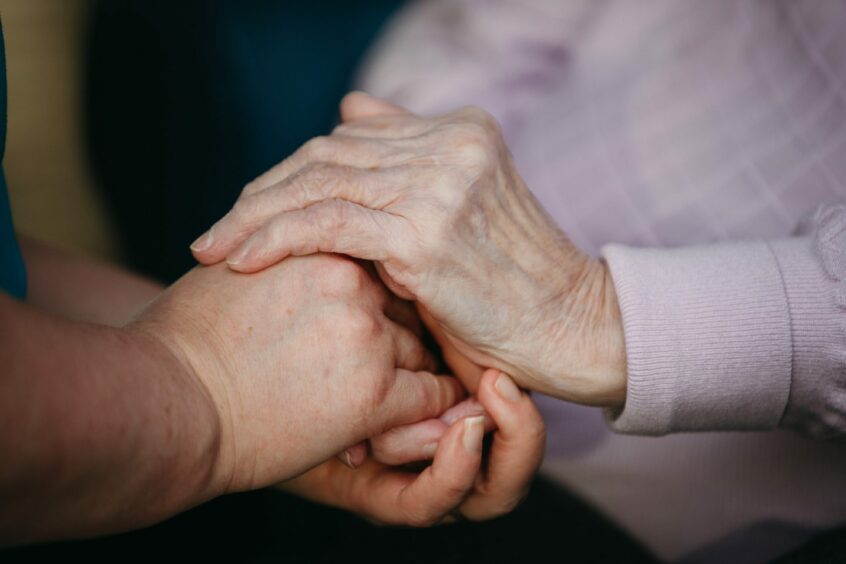
The science and technology committee and the health and social care committee found an “inadequate initial focus on social care” in the early stages of the pandemic led to the “seeding of infections” in care homes.
Scotland had the highest rate of care home deaths involving Covid-19 infected residents in the UK, with more than 1,300 elderly people discharged from hospitals into the facilities at the start of the outbreak last year before a testing regime was in place.
In April, retiring health secretary Jeane Freeman admitted moving hospital patients into care homes was wrong and that the government had failed in “understanding the social care sector well enough”.
Was mass testing halt a ‘mistake’?
The report also states that the UK Government’s decision to halt mass testing in March 2020 – days after the World Health Organisation called for “painstaking contact tracing and rigorous quarantine of close contacts” – was a “serious mistake”.
Nicola Sturgeon announced in January this year – as cases soared during the second peak – that she would finally push ahead with mass testing despite fierce debate in the scientific community over whether it would help.
Jason Leitch, Scotland’s national clinical director, had rejected mass testing in Scotland two months earlier but admitted he had been forced to “think again” amid concerns the test and trace system was missing too many cases.
What about the experts?
The report questions why international experts were not part of the UK scientific advisory process and why measures that worked in other countries, such as South Korea’s system of expansive testing and contact tracing, were not used.
It said the UK’s initial approach was based on planning for a flu pandemic and involved managing the spread of Covid-19 through the population rather than trying to stop it – a policy described as “herd immunity”.
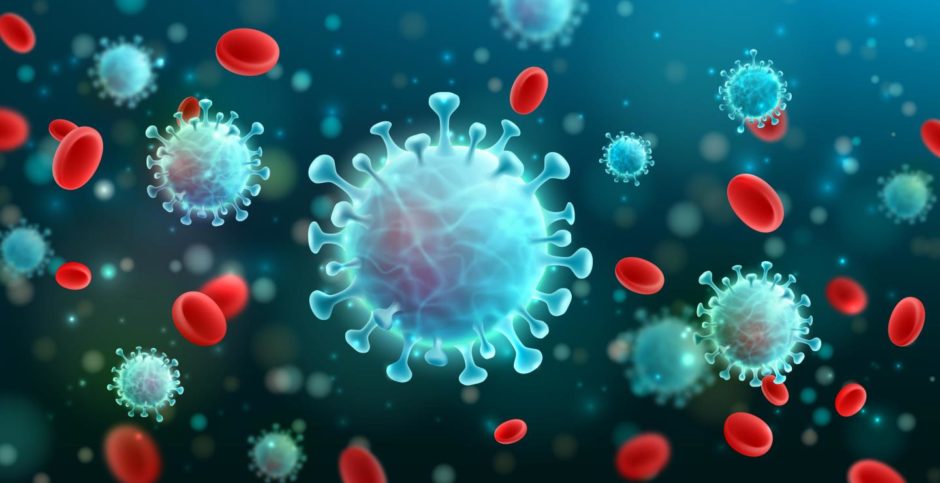
Speaking in January, Nicola Sturgeon said preparing for a flu-like pandemic, rather than a virus similar to SARS, may have hampered the Scottish Government’s early response to Covid-19 and led to mistakes.
What is the reaction?
Leading human rights lawyer Aamer Anwar, who represents families bereaved during the crisis, expects a formal probe to be the “most complex and wide ranging inquiry in the history of Scotland”.
His reaction to the MPs’ report was a stark warning to decision makers.
Mr Anwar warned a “big battle” lies ahead, even after the inquiries, with an “army of lawyers ready to proceed with a defence of cover up, denial and apportioning blame to others”.
He added: “In any other circumstances, if an individual was admitted to hospital and released to a care home and subsequently the authorities became aware that the duty of care was not fulfilled, and as a result that individual died, that would be regarded in legal terms as corporate homicide.
“That’s exactly what’s happened to thousands of people across this country, thousands of people lost their lives because of inadequate decisions, because of deliberate decisions, because of cynical decisions.”
How has the government responded?
A Scottish Government spokesperson said: “While this report is primarily concerned with the actions of the UK Government, we will consider its findings carefully as we continue to respond to the impact of the pandemic in Scotland.
“Since the early stages of our pandemic response we have been committed to a public inquiry into the handling of the pandemic in Scotland, to ensure that lessons are learned for the future.
“Public feedback has been gathered which will inform the terms of reference to be agreed between ministers and the chair, once they have been appointed, ahead of the inquiry’s establishment later this year.”
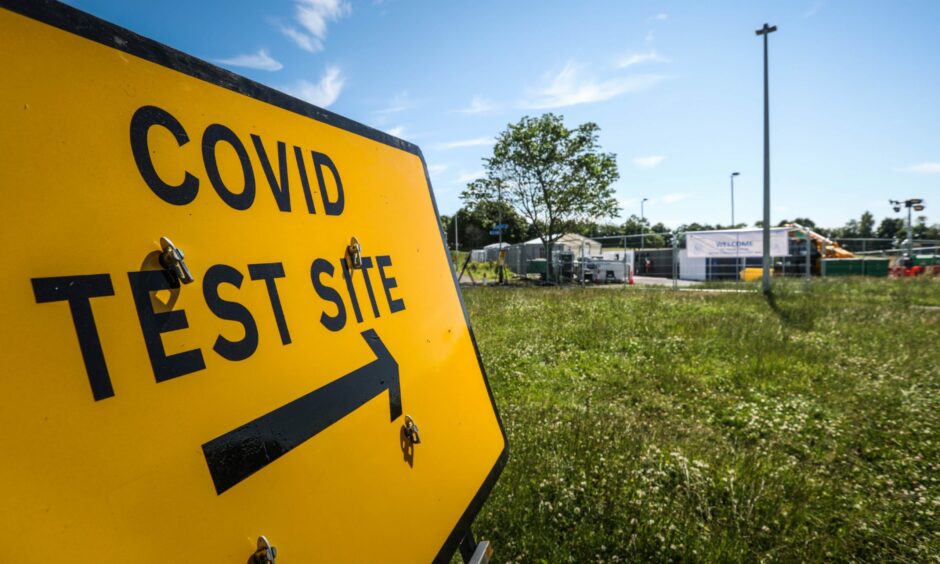
A UK Government spokesman said: “Throughout the pandemic we have been guided by scientific and medical experts and we never shied away from taking quick and decisive action to save lives and protect our NHS, including introducing restrictions and lockdowns.
“Thanks to a collective national effort, we avoided NHS services becoming overwhelmed and our phenomenal vaccination programme has built a wall of defence, with over 24.3 million infections prevented and more than 130,000 lives saved so far.
“As the prime minister has said, we are committed to learning lessons from the pandemic and have committed to holding a full public inquiry in spring.”
